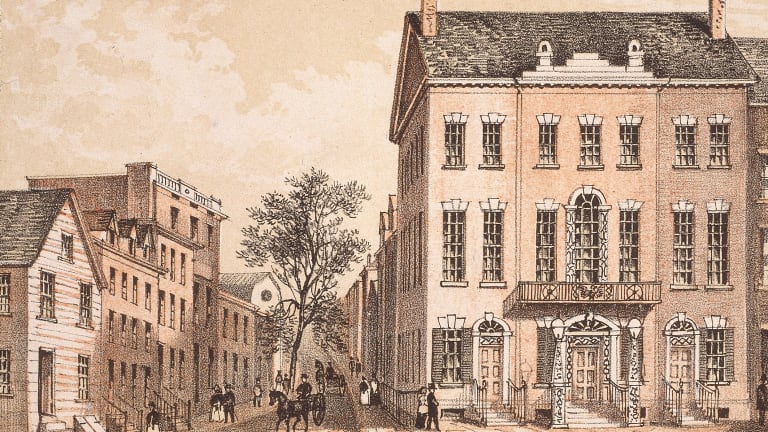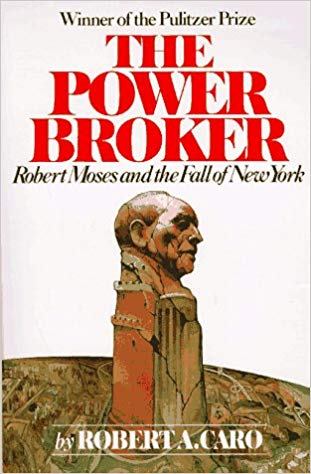
PART TWO – THE REFORMER
Chapter 4 – Burning
Moses entered public service at the same time as the Progressive Movement had gained momentum, a desire to tackle the challenges of poverty and the new industrial order. Moses supported this movement by attempting to make American public service organisations more meritocratic. American institutions had no historical frameworks like Europe. Moses saw them as inefficient and corrupt. The Bureau of Municipal Research would be at the forefront of Progressivism in New York, whose drive was to improve government processes and operations in terms of efficiency as well as developing budgetary systems to support development by disseminating facts about how governments actually ran.
The findings of the bureau conflicted with Tammany Hall, the powerful New York Irish/Catholic political organisation that had run New York for decades. The Bureau developed new techniques to improve local government, including a budgetary system, allowing voters to be able to judge the performance of their local governors. This led to anti-Tammany, Reformer candidates to be elected to office.
After some time at the training school of the Bureau, Moses became impatient with the leg-work and report writing. He applied to join the Bureau, agreeing to do so without salary, and he was admitted. He began to make visits to the wasteland of Riverside Drive in the Bronx and walk through the nearby park a stagnant ex-landfill pervaded by the stench of trains going towards the abattoir. Here he dreamed of renewal, of a great highway along the waterfront and deal with the on-going problems of the ugly train tracks. His burning ideas of city improvements began to grow from this point. Now he needed to put them into practice.
Moses became critical of the Bureau for their lack of action.
Mary-Louise Simms was the only one to be sympathetic. Previously working for the Governor of Wisconsin, she had an instinct for politics and what it could do. Mary came to New York to work for the Bureau. Moses fell in love with her.
In 1914 John Mitchell became Mayor. When he looked to appoint a new Civil Service Commissioner, Moses was the favoured candidate.
Analysis & Key Takeaways:
- A lot of things that are obvious for improving the machinery of government have already been contemplated by bureaucrats in the early 20th century. For example, rubrics for evaluating work, key performance indicators basically metrics for management which are routinely thwarted by human nature, self-reporting and the problem of data capture;
- Government data/knowledge is a currency in the civil service. Understanding how an organization works is rarely written down. In order to reduce corruption of civil servants, that currency needs to be devalued by making it radically transparent within the civil service and by making the system more accessible to the public. That is with the caveat that the public can see the interconnection of cause and effect. One of the side-effects is that if the public has more information, you’ll need a filter in order to evaluate incoming criticism from the public who may not fully understand the (holistic) system of levers and responsibilities and balancing that goes on in government;
- Another challenge with making data/knowledge more transparent is that a lot of data/knowledge is trapped in the minds of the civil servants themselves; and they don’t have time and zero inclination to write things down or even divulge their knowledge in any communicable format since….again, data/knowledge is a currency in the civil service;


